Just a few aspects of the Walosian culture and the Walosian way of thinking.
Most of these cultural aspects are generalizations. People are different wherever you go; these are just the general accepted aspects of the Walosian culture. In general, people on the countryside tend to be more conservative than their Big City counterparts.
Politics:
Walosians have a long history of political turmoil and political changes within society. Since 900AD, every major political question has been debated both within the Senate and within the people of Walosia. Centuries of this have developed a distinct culture within Walosia with political devotion and political interest. Walosians today values political freedom and freedom of speech highly and Walosians today are a very politically active people. Almost everyone have at least one opinion on a political matter and many people, especially youth are actively members of a political party. This distinct culture has given rise to a phenomenon called “Locus Disputatio”, which translates into “Talk Rooms”. Such Talk Rooms are cafés where people can meet strangers and talk politics over a cup of coffee or a bagel (or any other drink or bakery goods).
As a result of this aspect of the Walosian culture, the Senate is completely open to everyone who wishes to view legislative debates or speak to a senator. The Grand Entrance Hall of the Walosian Senate is where most senators, secretaries and other political officials will meet the press and hold press conferences. Regular Walosians can attend such conferences or enter the hall in hopes of catching a word with a particular senator. All contact information of the Senators, Secretaries and President, with the exception of home address and private phone number, are available on the web site of the Imperial Senate and statistically speaking, every Senator will receive 20 E-mails daily with questions from the people of Walosia. All Legislative Debates in the Imperial Grand Chamber and subsequent Chambers are completely open to the public and are visited by 500 people daily on average.
This aspect of the Walosian culture has also sparked a culture of protests and riots. An average of 70 protests takes place on a monthly basis with few turning violent. The subjects of these protests range from small issues like the price of alcohol and tobacco to larger issues like Student housing and Animal rights. Few of the protests turns into riots, an average of 15 riots occur annually with few injuries on both sides (Police and Protestors). The last major riot occurred in Apollonia in regards to a legislative proposition from the Nationalist Party of Walosia, which would drastically tighten the Walosian immigration policy.
Nationalism:
Walosians are known for being a nationalistic and patriotic country. Walosians feel great pride in their history, culture and country. The Walosian flag usually hangs on all public and government buildings throughout the Empire. All residents with a flagpole have their flag raised almost daily and many Walosians have the Walosian flag on a piece of clothing. This is especially common on the countryside. Flags can be seen almost everywhere in Walosia.
This nationalistic and patriotic pride has resulted in some cultural tension between immigrants and Walosian citizens throughout the years. This is especially true in regards to the growing Muslim population in Walosia and this has caused the concentration of Muslims in selected neighborhoods in Walosia. These neighborhoods are often referred to as ghettos. Muslims are not the only demographic that finds themselves exposed to the skeptics of Walosian citizen. Christians, Blacks and Gilzic immigrants have all faced the everyday racism in Walosia. This has however; improved over the last 100 years and Walosia today is considered a multi-cultural country.
Alcohol:
Walosians today are considered liberal regarding their view of alcohol, which again has spawned some quite liberal legislation regarding alcohol sale and consumption. In Walosia, alcohol is seen as a respected substance and drunkenness is culturally accepted with exception in regards to underage teenagers and in front of young children. Kids and young adults who grow up on local wine farms are often introduced to wine and alcohol at a young age. A sentence that captures the respect Walosians have towards alcohol is this “I grew up on a wine farm and I first tasted alcohol when I was 8 years old. All we did was related to the production of wine and to every meal; my father would bring out a new batch of wine to try out. However, the first time I saw a man drunk was when I attended High School and one of my friends was hosting a graduation party.”
Alcoholic beverages like beer, sparkling wine and vodka are accepted as beverages to drink at parties and festivals while other distilled beverages like Whiskey, Gin, Bourbon and Wine are seen as beverages to enjoy. Drinking whiskey to become drunk is frowned upon, both because it is a drink Walosians sees as a cultural symbol of Walosia and because it is seen as a beverage that doesn’t fit with being drunk. Whiskey, Bourbon, Gin and Wine are all seen as classy drinks and becoming drunk of them is seen as disrespectful. Walosians have, on average, a healthy relationship towards alcohol. Walosia also have a distinct pub culture where it is normal and socially acceptable to go to the pub after a long day at work, have a few half-liters and chat with your friends before returning home to your family. 16:00 is unofficially dubbed the “Hour of the Pub” where people will get off from work and gather in pubs and bars around Walosia to chat and relax. This is most common in the smaller communities and out on the countryside as those living in the Metropolitan areas tends to only do so during sporting events.
Both beer and wine can be sold at grocery stores and they can be sold 24/7 or as long as the store is open. The only requirements are that the stores cannot sell alcohol to minors (those under 16) and that they cannot sell alcohol to visibly drunk customers. The cashiers are obligated to ask for ID on whoever is purchasing alcohol and the government is often testing the various stores that sell alcohol. Distilled beverages are sold in specialized stores and it can be sold 24/7 as well. Much of the same requirements that are given to the stores who sell beer and wine are given to those stores who specializes in distilled beverages as well. In addition, stores who specialize in Distilled Beverages cannot allow minors (those under 18 years) access to the store and they cannot sell any other merchandise than spirits with the exception of bakery goods, non-alcoholic beverages and candy bars.
Guns and gun ownership:
Walosian attitude towards gun ownership varies quite a bit. In the metropolitan areas and larger communities, gun ownership is frowned upon and people who own guns are viewed with suspicion. In the rural areas of Walosia, gun ownership is widely accepted and in recent years, it has developed as a distinct sub-culture of the Walosian rural communities. Guns are usually used to hunt or collect, but some uses it as a hobby, participating in regional and national sharpshooter competitions and Gun Shows. This difference has sparked some culture clashes between farmers and city folks and it has been seen as a culture stance. If you love guns you belong on the countryside while if you hate guns, you belong in the city.
Sexuality:
Walosians are known for being VERY sexually liberal. Walosians, especially teenagers, tend to separate sex into two categories, the emotional sex and the recreational sex. Emotional sex is the kind of sex you have with your partner or SO while recreational sex is something you have with others. Boys and girls share the same attitude towards sex and it is equally accepted by society for a guy to have had many sexual partners as it is for a female to have done the same. Girls are not viewed as whores or loose when they have a lot of sex. Walosian men and women, especially teens and young adults are known for using sex as a form of recreation and a fun activity and it is when they meet their significant other that the sex starts to become emotional. It is first when you are in a relationship Walosians become judgmental in regards to your sex life. It is frowned upon to cheat and to sleep around whilst having a partner.
In Walosia, it is common practice to consider yourself bi-sexual until you come out of the closet as either straight or gay. Homosexuals are viewed the same as heterosexuals and most of the prejudice in regards to homosexuality has died out. The shame and prejudice regarding the profession of Prostitute is gone as prostitution and pornography is culturally approved in Walosia. In order to make an easy buck, many Walosian teenagers turn to pornography. This is especially true among students who find it easier to do so than to have a “regular job”. A girl that has worked as a porn star is not looked down upon and is not shunned for her choice of work and it does not damage her possibilities on the job marked in the long run. The same goes for guys.
Language:
The official language in Walosia is Latin, which is spoken by the majority of its citizens. Latin is the mother tong of naturally born Walosians and it is the first language they will learn when attending Elementary School. Latin is the spoken language on television, in the news, in the daily life of Walosians and in the professional life of most Walosians. English doesn’t start to become important until you begin to trade internationally. However, many minority groups and immigrants have brought a vied variety of languages to Walosia, most notable Spanish, German, Kelsh and Russian. These languages with the exception of Spanish were introduced by immigrants who came to Walosia throughout the 17th, 18th, 19th and 20th century. Spanish is the only language to have survived the Latin indoctrination during the first millennium of the Walosian Empire. Most Northern Logatian born natives today speaks Spanish and most of these grow up with two mother tongs. Spanish was originally spoken by the Logatian Empire, an Empire that existed for millennial until Walosia conquered it in 133AD. Unlike other languages like Norse, Greek and Old English who were eradicated by force, Spanish remained due to its many similarities to Latin. (I might write more in regards to the Latin Indoctrination later).
Sports:
Sports and sporting events have been a part of the Walosian culture scene in the entirety of its existence. It started with gladiator fights and theater in the antiquity and has steadily moved towards what we have today. The two most popular sports in Walosia are American Football and Hockey. Other sports like regular Football, Handball, Volleyball, F1, Racing, Horse Riding and Basket Ball etc. are considered popular and has a solid base within the Walosian society and the Walosian culture. However, the symbol of Walosian sportsmanship and sporting culture are Hockey and American Football. It’s the sport most children attend after school and it is the most viewed sporting events in Walosia. In Walosia, every local community and Commune have their own Football team and when it is match night, people usually gather in pubs and on the stadium to watch. The patriotic feelings regarding your local Football club is said to define where you come from (where in Walosia).
















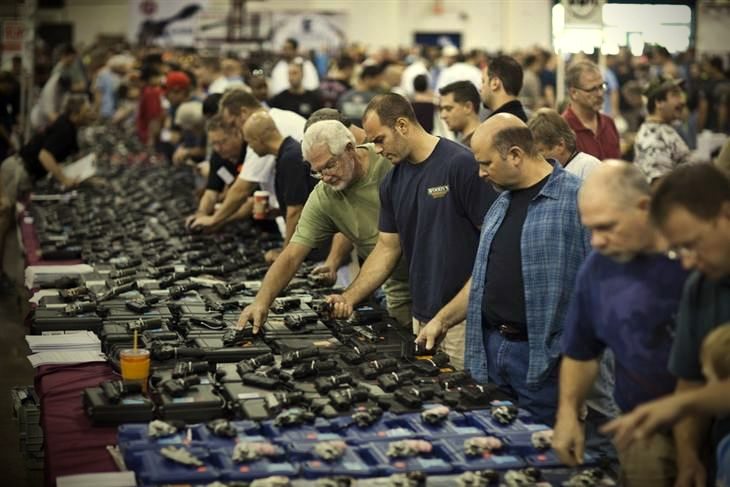

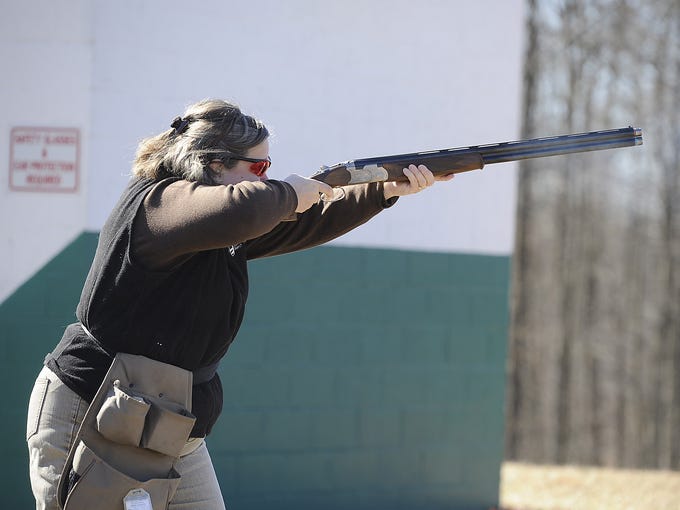
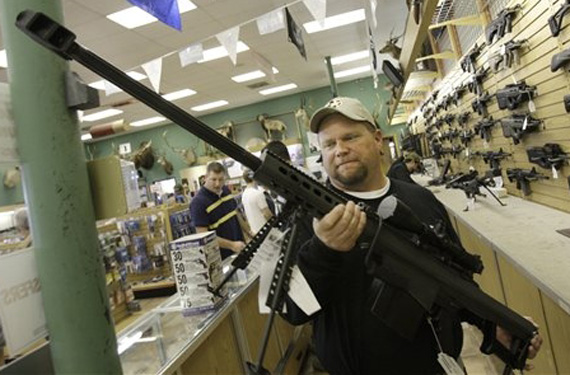
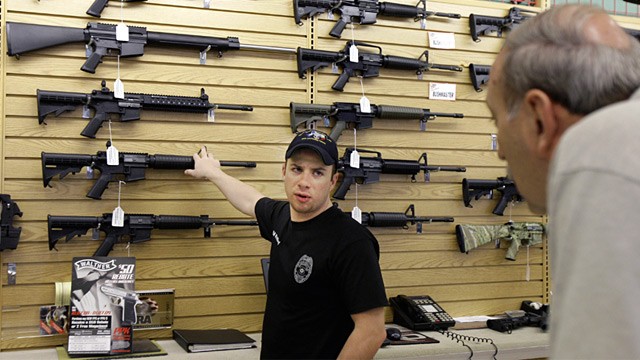


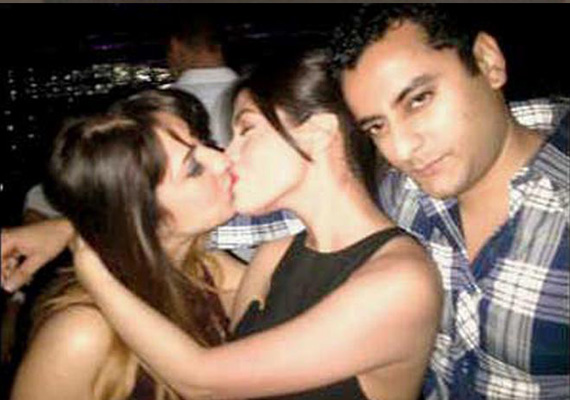



%20Cover%202011.jpg)








